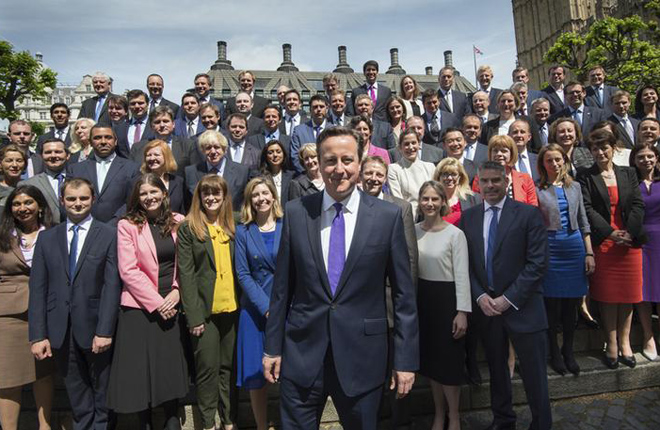Pay rise of parliamentarians sparks debate in the United Kingdom
As it often happens, politicians’ wages are a controversial topic. In the UK, the Independent Parliamentary Standards Authority (Ipsa), which is the body that regulates the pay of MPs, has recently announced that the pay of parliamentarians should be increased by 10%, from £67,060 annual to £74,000. The announcement followed a two-year period of review aimed at addressing complaints that the pay had dropped behind the rest of the public sector.

The announcement was received with protests by taxpayers organizations, public sector unions and even some parliamentarians. Ipsa was created so that MPs would not have to decide the issue of their pay themselves and it is generally considered wrong for MPs to argue with the independent body. Yet, the consistent cuts made to the public sector by the previous government have created resentment among the public. An awarded increase in salary will inevitably affect the popularity of MPs, especially that of those who voted in favour of the cuts, who will be seen as hypocritical. A silent acceptance of the pay rise is simply not a good idea and it is not surprising that both the major parties have spoken against it.
Labour has been arguing against the pay rise since the beginning of the Ipsa revision period in 2013. Now the party has claimed that it does not feel right that the first thing done by the recently-elected government after the elections is to increase the pay of the MPs. The Prime Minister David Cameron has been pressured by some MPs from both parties to write an appeal to Ipsa to abandon the pay rise. Cameron would also benefit by the pay rise, with his salary increasing by 5% to £149,440. Like the Labourites, Cameron has never been in favour of the pay rise. During the election campaign the Prime Minister went as far as to claim that he would break away from the Ipsa if the organization went ahead with the pay rise. Yet, now he has said he would not block the increase, a decision strongly criticised by the opposition. Blocking the increase would require a change in the law and it is unlikely that Cameron could get the votes in the House of Commons to do that.
This content if for our subscribers
Subscribe for 1 year and gain unlimited access to all content on eastwest.eu plus both the digital and the hard copy of the geopolitical magazine
Gain 1 year of unlimited access to only the website and digital magazine




